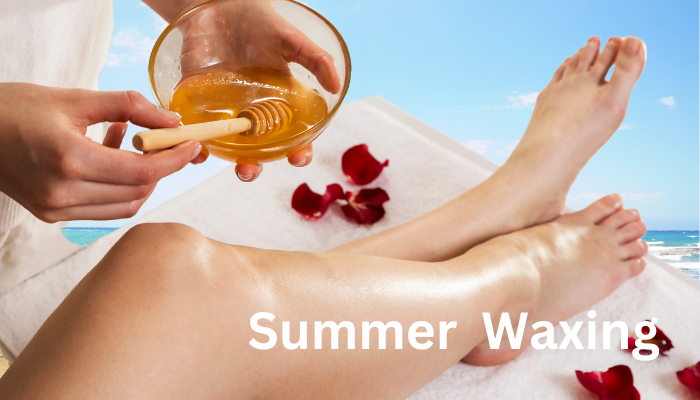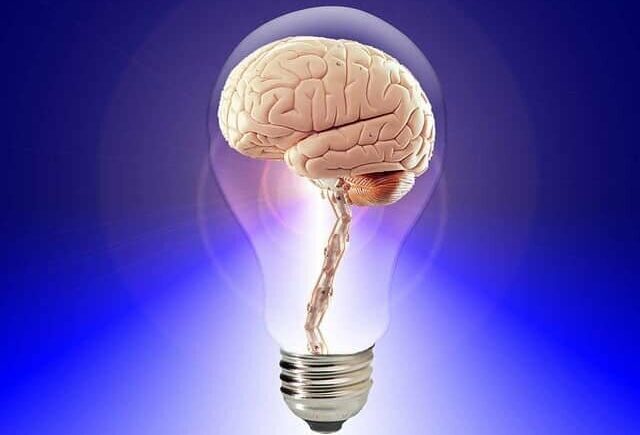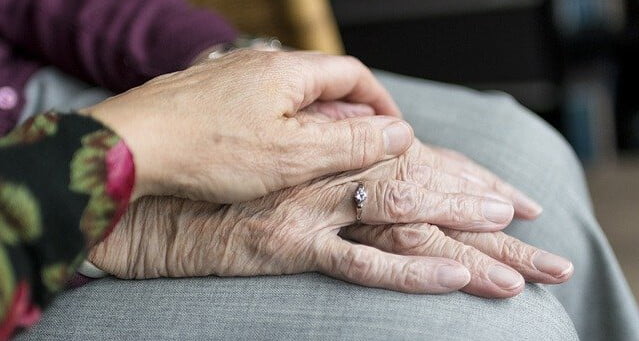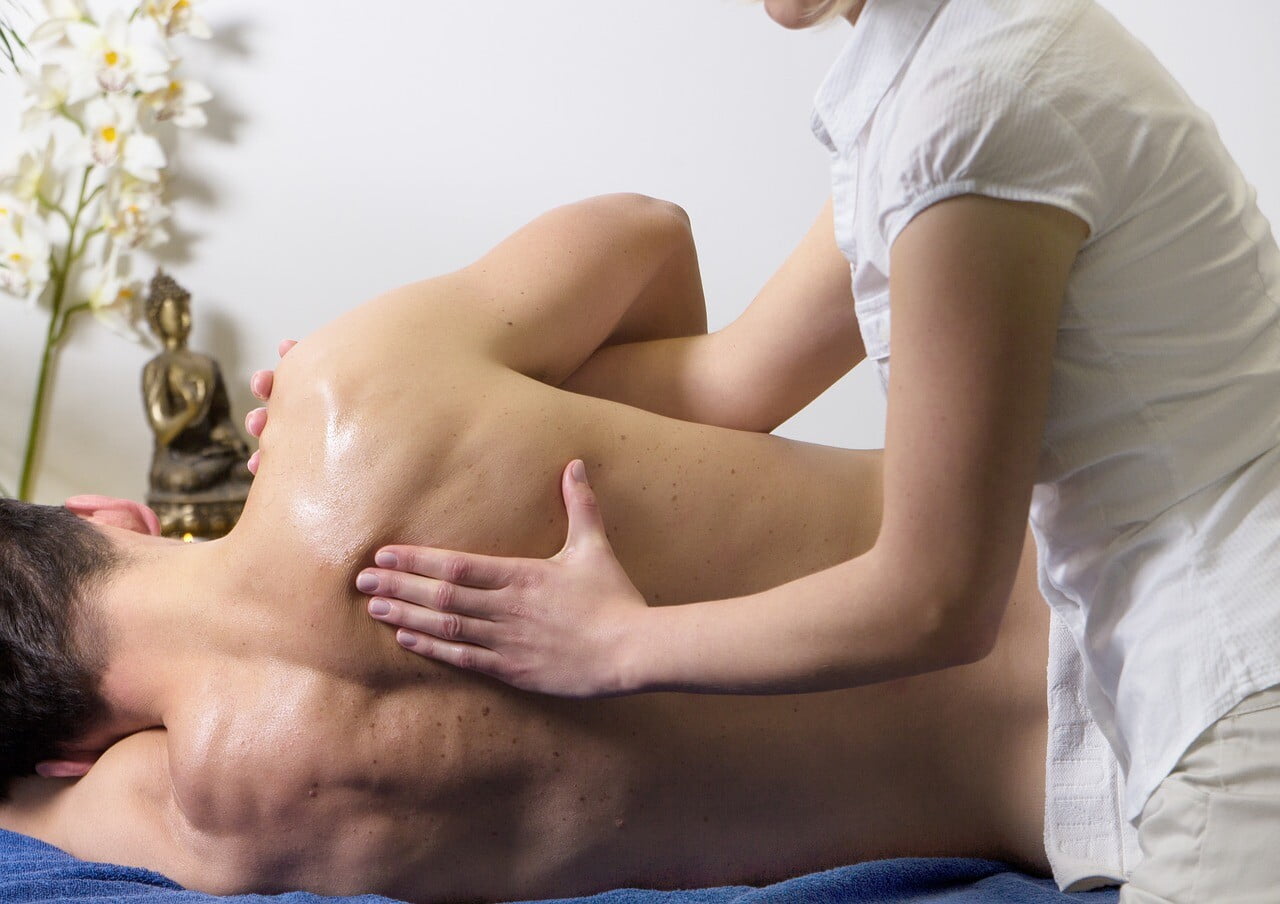Benefits of Natural Waxing: Summer Ritual
As summer approaches, many of us start preparing for the season of sun, sand, and swimsuits. Summer waxing is an essential beauty ritual that helps you feel smooth, confident, and beach-ready. At Naturology Centre in Moncton, NB, we offer natural waxing services that provide smooth, hair-free skin using eco-friendly and gentle ingredients. Natural waxing is the perfect choice for your pre-summer beauty routine.
Why Choose Natural Waxing?
Gentle on the Skin – Natural waxing uses plant-based and organic ingredients that are less likely to irritate the skin than conventional waxing products that often contain harsh chemicals. These natural ingredients effectively remove hair and nourish and soothe the skin, reducing the risk of redness and inflammation.
Eco-Friendly – At Naturology Centre, we are committed to eco-friendly practices. Our natural waxing products are sustainably sourced and free from synthetic additives, ensuring your beauty routine is kind to the environment. By choosing natural waxing, you reduce the ecological footprint of your grooming habits.
Longer-Lasting Results – Waxing removes hair from the root, which means you can enjoy smooth skin for more extended periods—typically three to six weeks—compared to shaving, which only cuts hair at the surface. Natural waxing is an excellent choice for maintaining hair-free skin throughout the summer.
Finer and Sparser Regrowth – Regular waxing can lead to finer and sparser hair regrowth. This is because waxing weakens the hair follicles, resulting in less dense hair growth. Over time, you may need to wax less frequently, making it a convenient long-term solution for hair removal.
Preparing for Your Natural Waxing Session
Let Your Hair Grow – For the best results, let your hair grow to at least a quarter-inch long before your waxing appointment. This length ensures the wax can effectively grip and remove the hair from the root.
Exfoliate Beforehand – Gently exfoliate the area to be waxed a day or two before your appointment. This helps remove dead skin cells and prevent ingrown hairs, ensuring a smoother waxing.
Avoid Sun Exposure – Avoid direct sun exposure for at least 24 hours before and after your waxing session. Sunburned skin is more sensitive and more prone to irritation during waxing.
Stay Hydrated – Drink plenty of water and hydrate your skin using a gentle, natural moisturizer. Well-hydrated skin is more resilient and less likely to experience post-waxing irritation.
Aftercare Tips for Smooth, Radiant Skin
Soothe and Moisturize – Apply a soothing lotion or aloe vera gel after your waxing session to calm the skin. Avoid using products with alcohol or synthetic fragrances, as these can irritate freshly waxed skin.
Avoid Heat and Friction – For the first 24-48 hours after waxing, avoid hot showers, saunas, and activities that cause excessive sweating or friction, as these can exacerbate skin irritation.
Wear Loose Clothing – After your waxing session, Opt for loose, breathable clothing to prevent chafing and allow your skin to breathe.
Regular Exfoliation – Continue to exfoliate gently every few days to keep your skin smooth and prevent ingrown hairs.
—
Ready to embrace smooth, radiant skin for summer? Book your natural waxing appointment at Naturology Centre in Moncton, NB. Our skilled medical aesthetician is dedicated to providing a comfortable and eco-friendly waxing experience, ensuring you feel your best as you enjoy the sunny season. If you also want permanent hair removal in select areas, consider adding electrolysis time to your appointment.






